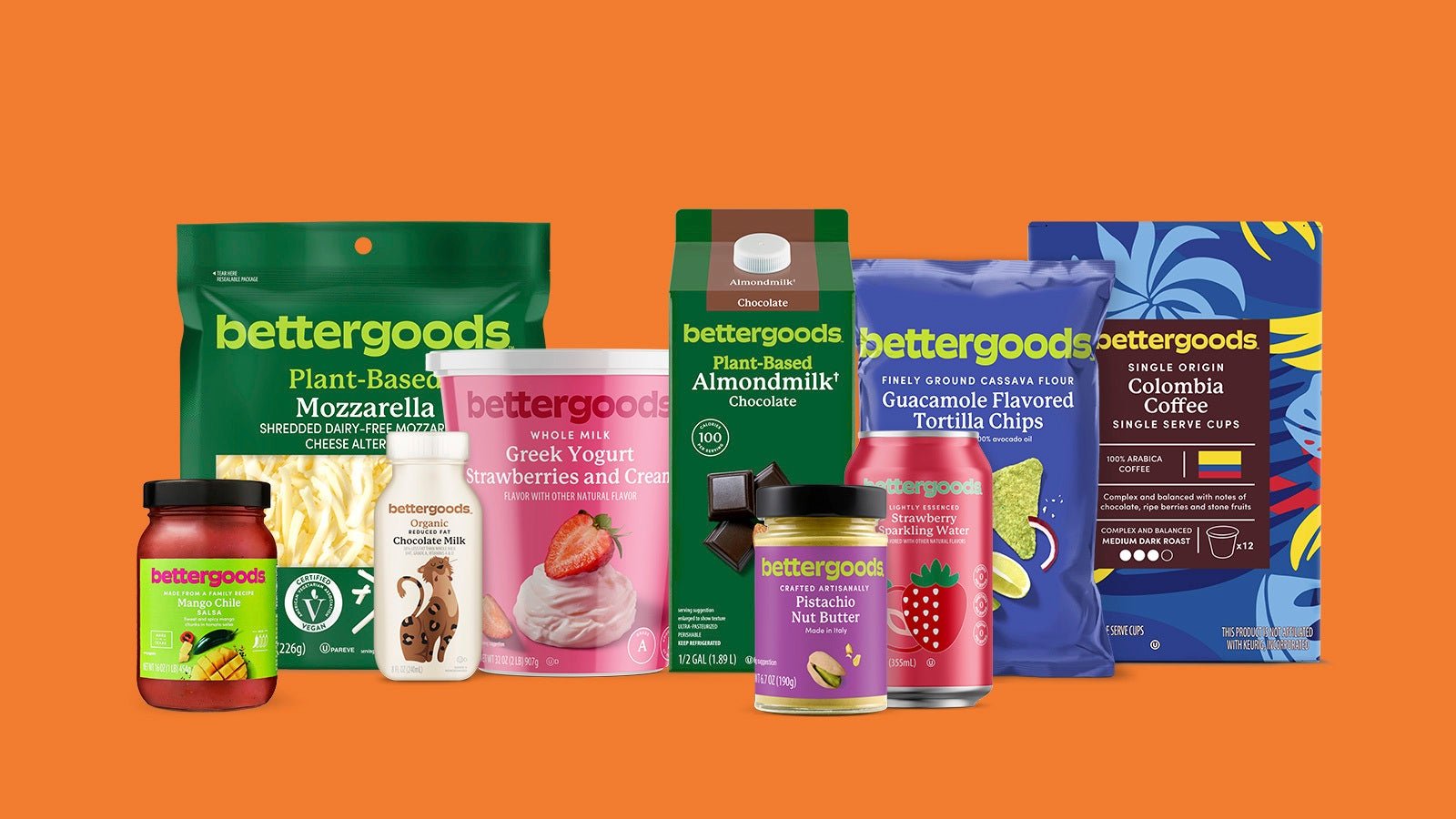Walmart launches store-label food brand as it seeks to appeal to younger shoppers
Walmart is launching its biggest store-label food brand in 20 years in terms of the breadth of items

NEW YORK (AP) — Walmart is launching the U.S. retailer's biggest store-label food brand in 20 years in terms of the breadth of items, seeking to appeal to younger customers who are not loyal to grocery brands and want chef-inspired foods that are more affordably priced.
Suggested Reading
The brand, called Bettergoods, is just hitting Walmart stores and the company's online shopping site. Walmart said Tuesday it expects to have 300 products in the line by the fall, including frozen foods, dairy items, snacks, beverages, pastas, soups, coffee and chocolate. The prices range from under $2 to under $15, with most products costing under $5.
Related Content
The Bettergoods line is divided into three categories: plant-based options like desserts made with oat milk and non-dairy cheeses; products catering to other dietary lifestyles, such as gluten-free, or made without artificial flavors, colorings or added sugars; and “culinary experiences.” The last category features items like creamy corn jalapeno chowder and pasta from Italy.
The launch from the country's largest retailer comes as inflation has driven shoppers to seek less-expensive alternatives, lifting the popularity of private-label brands. Private brands accounted for nearly 26% of the overall market share in the number of units in the food and beverage category sold last year, up from 24.7% during the previous year, according to market research firm Circana. That compares with 74.5% for national name brands last year, down from 75.3% in 2022.
For so-called core pantry items, including breakfast meats, baking items, fresh bread and salty snacks, private brands accounted for 36.6% of market share in dollars in 2023, up from 36.2% in 2019. That compares with national brands, which accounted for 63.4% last year. That's down from 63.8%, according to Circana.
But these store brands are becoming tastier and higher quality, mirroring national brands. Walmart's rivals, including Target, have been growing and sprucing up their own labels. Target's Good & Gather food and beverage brand, launched in 2019, has expanded to include dishes such as chicken tikka masala.
Many grocery retailers face increasing competition from Trader Joe's, which offers shoppers a treasure hunt experience with its variety of high-quality meals, ingredients and snacks.
Bettergoods joins Walmart’s other store label food brands, including Great Value and Equate, that provide lower-priced alternatives to national brand products. In contrast, many of Bettergoods products are designed to be unique to Walmart while introducing its customers to new trends and flavors, the retailer said.
”As an industry, we’re seeing younger customers be more brand agnostic, prioritizing quality and value, and driving increased interest in private brands,” Scott Morris, Walmart’s senior vice president of private brands, food and consumables, said.